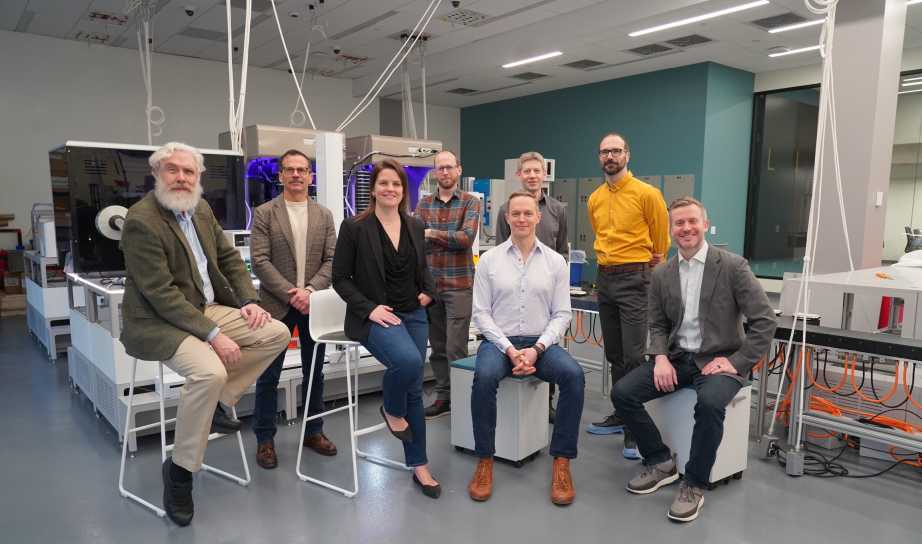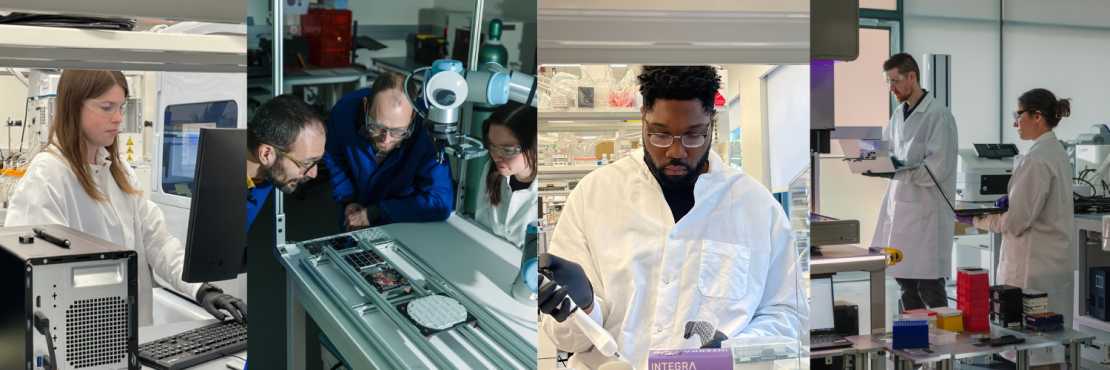Lila Sciences hits $1.3B valuation after $115M raise from Nvidia to build ‘AI Science Factories’

For decades, scientific progress has depended on the patience of people in lab coats — mixing chemicals, waiting for reactions, recording results. That pace is about to change. Lila Sciences, a Cambridge-based AI startup founded just last year, is betting that the future of discovery belongs to autonomous labs where experiments run themselves.
The company has raised $115 million in an extension of its Series A round, backed by Nvidia’s venture arm and other investors, lifting its valuation to over $1.3 billion, according to Reuters. The new funding brings its total Series A to $350 million and overall capital raised to $550 million — a remarkable feat for a startup less than two years old.
The latest funding came less than a month after the biotech startup closed a $235 million Series A round to expand its autonomous AI-driven research labs.
Lila Sciences: The $1.3B AI Startup Building Autonomous ‘Science Factories’ with Nvidia’s Backing

Lila Sciences was born inside Flagship Pioneering, the venture firm behind Moderna. Its mission is bold: build “scientific superintelligence” — specialized AI models paired with automated labs that can run experiments continuously, analyze results, and generate new hypotheses on their own. The startup calls these autonomous facilities “AI Science Factories.”
New investors join a roster that already includes General Catalyst and a subsidiary of the Abu Dhabi Investment Authority. The company plans to use the funds to expand its AI-driven research centers, which are packed with robotic instruments and sensors under full machine control. Lila recently signed a 235,500-square-foot lease in Cambridge, one of the city’s largest lab leases this year, signaling its growing footprint in the biotech and AI space.
CEO Geoffrey von Maltzahn — a repeat entrepreneur and scientist known for building companies at the intersection of biology and technology — says the goal isn’t to replace scientists, but to help them move faster. “What’s so exciting about Lila is that we’re going to use those resources very productively in a way that I feel benefits almost everyone on the planet,” von Maltzahn told Reuters. “It will set in motion the scientific method in a new form.”
Lila’s approach stands apart from the current wave of AI labs racing to train massive language models on internet data. The startup is betting that the next frontier won’t come from scraping the web, but from generating original data — proprietary scientific data born from real experiments. Its AI models don’t just read research papers; they conduct the research.
The company says its automated labs have already made thousands of discoveries across chemistry, materials, and life sciences. Rather than developing products in-house, Lila plans to open its platform to partners — companies in energy, semiconductors, and drug development that can build on top of its AI-driven infrastructure.
“We aren’t going to bring molecules into clinical trials ourselves, or scale up new energy breakthroughs,” von Maltzahn said. “Those are going to be done by partners of Lila and startups that are on a Lila platform.”
Lila’s pitch to investors is simple but ambitious: the next great breakthroughs — from cancer drugs to new materials — may not come from human intuition alone, but from machines running experiments millions of times faster than we ever could.
And for a company just 18 months old, the bet seems to be paying off.




